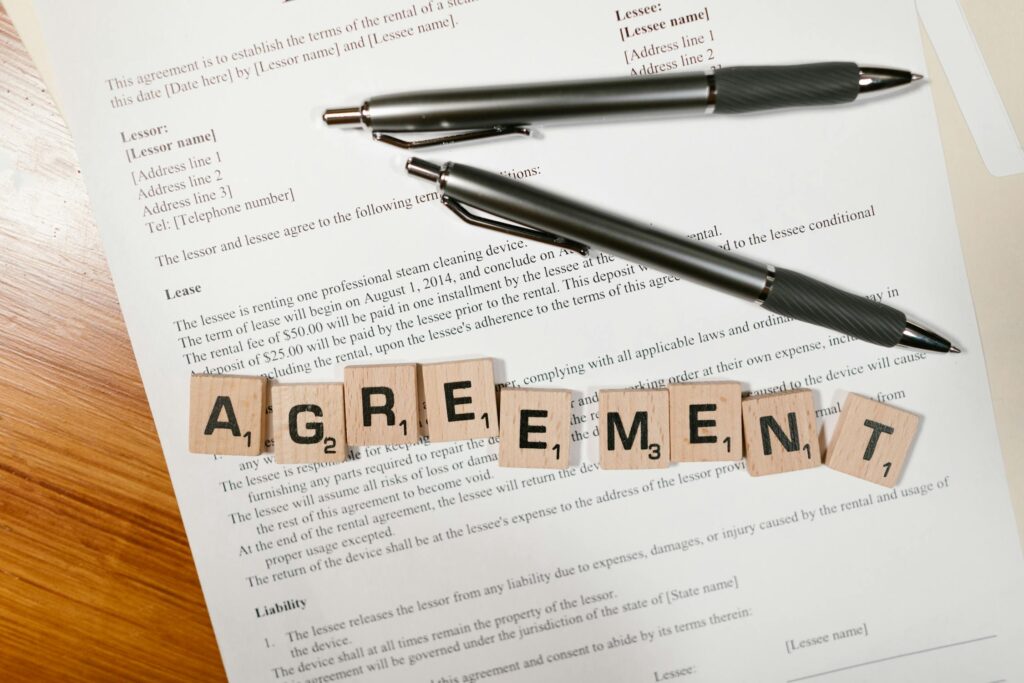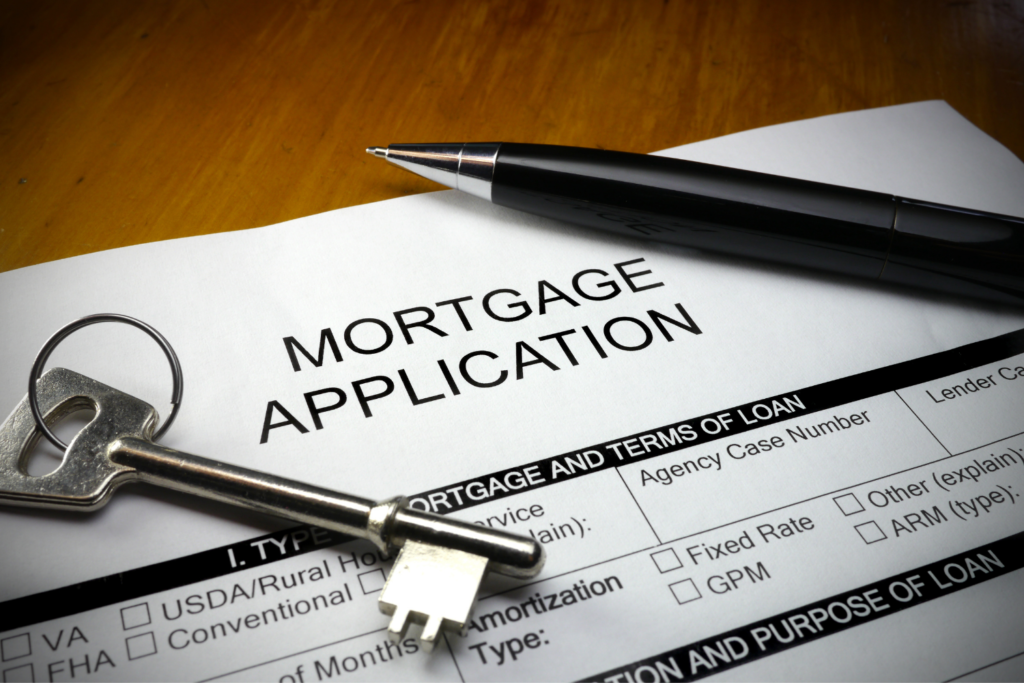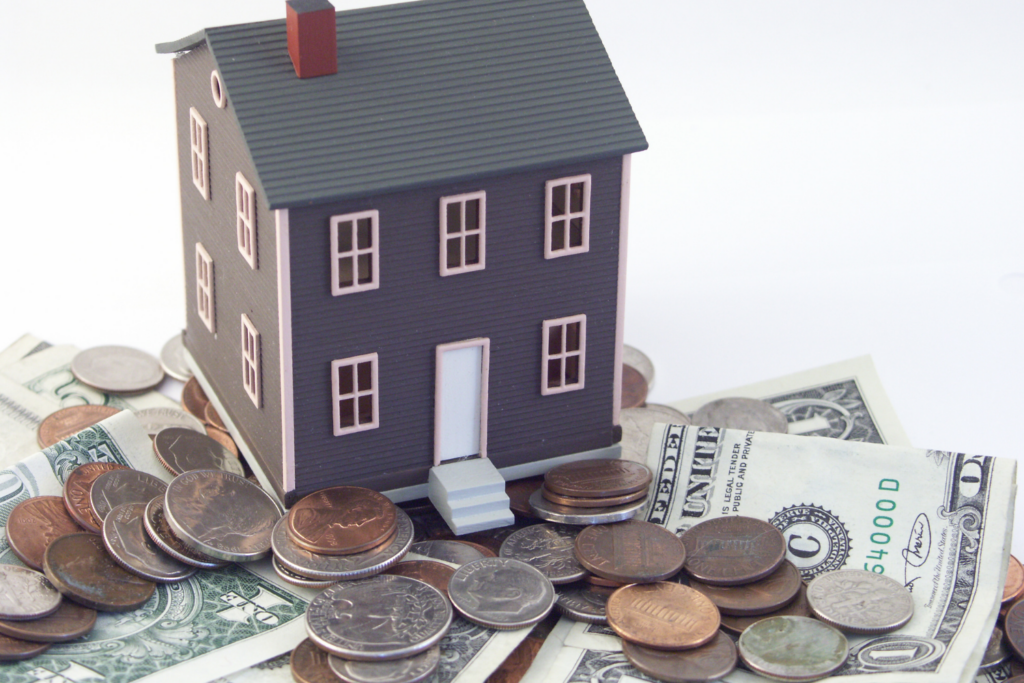
A bad lease can wreak havoc on your finances. Whether it’s an unfavorable rental agreement, hidden costs, or a property that doesn’t meet your expectations, the financial strain can be overwhelming. In many cases, moving out might seem like the best solution, but leaving a lease prematurely can also create additional financial challenges. Understanding how to navigate an unfavorable lease and make an informed decision about whether to move can protect your financial well-being and prevent long-term damage.
Contents
- Understanding the Costs of a Bad Lease
- Signs Your Lease Is Draining Your Finances
- Weighing the Pros and Cons of Moving
- How Moving Can Improve Your Financial Situation
- Finding a Moving Service That Saves You Money
- When Moving Makes Financial Matters Worse
- Breaking a Lease: What Are the Consequences?
- Negotiating an Exit Strategy with Your Landlord
- Protecting Your Finances When Signing a New Lease
- Conclusion
Understanding the Costs of a Bad Lease
A bad lease often comes with more than just high rent. Unexpected fees, poor maintenance, and rising utility costs can add up quickly, making it difficult to keep up with payments. When a lease lacks transparency, tenants might find themselves responsible for costs they didn’t anticipate, such as HOA fees, repairs, or penalties for early termination. These expenses can make it nearly impossible to save money or plan for future housing options. Additionally, living in a financially draining situation can impact mental well-being and reduce overall quality of life.
Signs Your Lease Is Draining Your Finances
Recognizing the warning signs of a financially damaging lease is crucial. If your rent increases unexpectedly, maintenance issues go unresolved, or utility costs skyrocket, your lease might be costing you more than it should. Additional red flags include restrictive policies that prevent you from subletting or breaking your lease without a hefty penalty. If you find yourself constantly struggling to make ends meet and sacrificing other financial goals just to cover rent, it may be time to consider moving as an option.
Weighing the Pros and Cons of Moving
Moving away from a bad lease can be a relief, but it’s important to weigh the financial implications. Relocation costs, security deposits, and new lease agreements can create an initial financial burden. However, if your current lease is eating away at your income and savings, moving could ultimately put you in a better financial position. Careful planning and financial analysis can help determine if relocating is the right choice. Considering factors like commute, neighborhood safety, and overall cost of living can help ensure your next move is a sound financial decision.
How Moving Can Improve Your Financial Situation
Choosing to move can provide an opportunity to reassess your finances and find a living arrangement that better suits your budget. Downsizing to a more affordable home, relocating to an area with lower rent, or moving in with roommates can all help alleviate financial strain. Moving can also offer a fresh start by eliminating ongoing financial burdens associated with your current lease. When moving strategically, tenants can take advantage of lower living costs, reduced commute times, and better access to essential amenities.

Finding a Moving Service That Saves You Money
If you’ve decided that moving is the best option, choosing a reliable moving company can help minimize costs. Finding a service that offers transparent pricing and efficient relocation can prevent unexpected expenses. Additionally, movers with years of experience might be able to provide useful insight into your situation. For example, MoveSafe Relocation provides professional moving services that prioritize affordability and ease, but you can also find useful tips on how to come out on top in real estate wars on their website. By selecting a reputable moving company, you can reduce stress and learn more about the challenges you’re currently facing. Additionally, comparing quotes from multiple providers and reading customer reviews can also help you find the best deal.
When Moving Makes Financial Matters Worse
Relocating isn’t always the best financial decision. If you move without a solid plan, you might face hidden costs, higher security deposits, or unexpected expenses related to the new lease. Additionally, if you break your lease without understanding the terms, your credit score could take a hit. Moving hastily can sometimes put you in an even worse financial position than staying in your current lease. To avoid this, researching all costs associated with your move and ensuring you have adequate savings can make a significant difference.
Breaking a Lease: What Are the Consequences?
Many leases have strict terms regarding early termination. Therefore, if you break a lease without understanding the consequences, you could end up facing legal battles, hefty fines, or a damaged rental history. Some landlords require tenants to cover rent until a new tenant is found, while others charge several months’ worth of rent as a penalty. Reviewing your lease agreement and discussing options with your landlord can help minimize financial fallout. Consulting a tenant rights organization or legal professional can provide insight into your options and potential loopholes.
Negotiating an Exit Strategy with Your Landlord
Before making any drastic decisions, consider negotiating an exit strategy. Some landlords are willing to work with tenants to find a reasonable solution, especially if the property has ongoing issues. Offering to find a replacement tenant, providing advance notice, or agreeing to pay a partial termination fee may help you exit your lease without severe financial damage. Having open communication with your landlord can lead to a more amicable and less expensive resolution. Additionally, documenting any unaddressed maintenance issues or lease violations can strengthen your case when requesting an early termination.
Protecting Your Finances When Signing a New Lease
To avoid repeating the same mistakes, thoroughly review any new lease before signing. Look for hidden fees, unclear clauses, and penalties for early termination. Understanding your rights as a tenant and asking the landlord about lease flexibility can prevent future financial struggles. Comparing rental options and researching landlords can also ensure that your next lease is a financially sound decision. Taking the time to visit the property, talk to current tenants, and assess the landlord’s responsiveness can help prevent another financially draining experience.

Conclusion
A bad lease can quickly become a financial nightmare, but moving isn’t always the perfect solution. Evaluating the costs of breaking your lease, negotiating with your landlord, and carefully planning your next move can help you escape financial strain while avoiding new financial pitfalls. Whether you choose to move or stay, making an informed decision is the key to maintaining financial stability and securing a better housing situation in the future. Ensuring that your next move aligns with your long-term financial goals will help you build stability and peace of mind.




